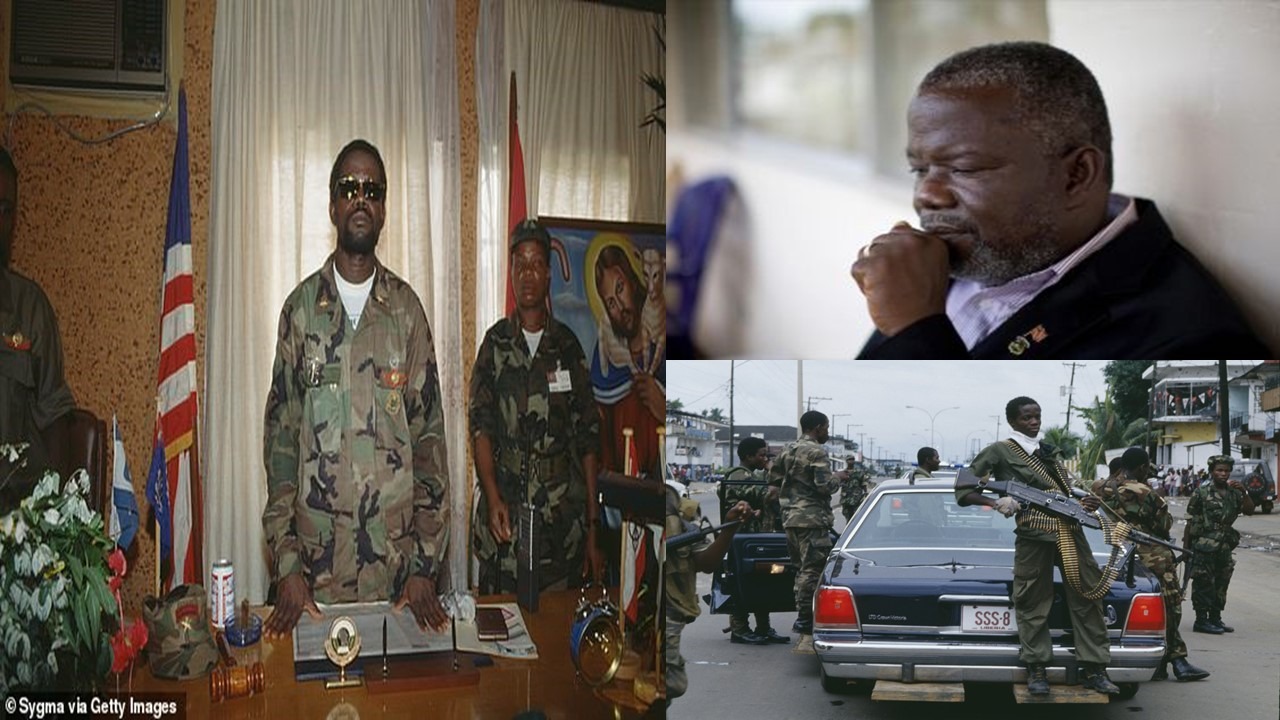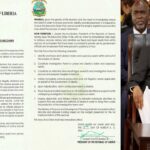Senator Prince Johnson’s recent remarks on the establishment of a war and economic crimes court in Liberia have sparked controversy and raised concerns about the country’s path towards reconciliation and justice. Speaking on the Truth breakfast show in Monrovia, Senator Johnson expressed his opposition to the court, describing it as an attempt to reawaken the country’s darkest days.
Senator Prince Johnson, a former warlord and leader of the Independent National Patriotic Front of Liberia (INPFL), voiced his concerns about the potential negative implications of establishing such a court. He stated that he and other former generals from Nimba and other parts of the country would respond to the court’s establishment through the legal system.
Moreover, Senator Johnson leveled accusations against Allan White, alleging that White is behind the push for the court’s establishment. He claimed that White, who he described as not being a United States official but rather a person who solicits money to create conflict in African countries, including Liberia.
Furthermore, Senator Johnson accused the Boakai administration of receiving a substantial sum of $300 million USD, alleging that this money was distributed among lawmakers to secure their support for the establishment of the war and economic crimes court.
In contrast, despite Senator Johnson’s opposition, over 40 members of the House of Representatives have signed a resolution calling for the establishment of the court. The resolution, sponsored by Montserrado County District #3 Representative Sumo Mulbah and co-sponsored by Representative Yekeh Kolubah and three other representatives, demonstrates a significant level of support for justice and accountability in Liberia.
The push for the establishment of a war and economic crimes court in Liberia comes amid ongoing efforts to address the atrocities committed during the country’s civil war. Many Liberians, including victims and their families, have long awaited justice for the crimes perpetrated during this dark period in the nation’s history.
However, Senator Johnson’s opposition underscores the challenges and complexities involved in pursuing justice for past crimes, particularly when former warlords and officials are involved. The accusations against Allan White and the allegations of bribery within the government further complicate the issue, raising questions about the motives behind the resistance to the court’s establishment.
Ultimately, the decision to establish a war and economic crimes court in Liberia will require careful consideration and dialogue among stakeholders. While some, like Senator Prince Johnson, may oppose it, others believe that accountability and reconciliation are essential for the country’s healing and progress. As Liberia continues its journey towards peace and stability, the establishment of such a court could prove to be a crucial step in addressing past injustices and building a brighter future for all Liberians.




